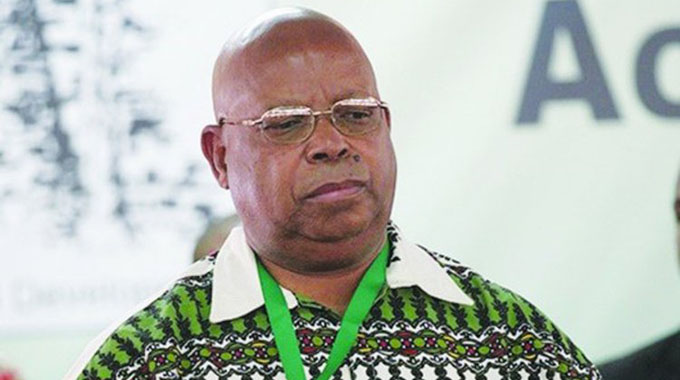Arts stakeholders embrace new minister

Boniface Chimedza Arts Correspondent
Arts and culture sector stakeholders have revamped their engagement efforts with Government amidst persistent calls by arts practitioners for a responsive ministry which will transform the sector into an invaluable hub of creative industries.
Following a brainstorming session held on August 10, 2018, under the auspices of Africa Innovation Trust and Jive Zimbabwe arts practitioners reconvened last week to further deliberate on pertinent issues.
The brainstorming session, which was titled Cabinet Watch “The Minister Zimbabwe Needs” was held at No. 19 Knightsbridge Road, Newlands, Harare.
The session invited experts who included Taurai Mafundikwa (Development Studies), Gwinyai Mharapara (lawyer), and Daniel Maphosa (arts practitioner), Edith weUtonga and renowned filmmaker Stephen Chigorimbo to lead the conversation around key requisites for arts and culture promotion.
The symposium was graced by the media fraternity who had specifically been invited to acquaint themselves with the recent development which arts practitioners present felt would intensify the sector’s thrust towards the betterment of the current administrative status quo.
The objective of the symposium was consolidation of the ideas presented by participating stakeholders and experts, with the view of coming up with a working document that shall be a reference point for further engagements towards influencing decisions around establishment of a responsive Arts and Culture Ministry in Zimbabwe.
While a lot of pertinent issues came up, it was the general consensus of the stakeholders present that they would embrace and work with the newly appointed Minister of Youth, Sport, Arts and Recreation, Honourable Kirsty Coventry.
The stance saw the delegates agreeing to engage National Arts Council of Zimbabwe (NACZ) with a proposition for the NACZ to host an arts indaba, inviting all stakeholders to discuss and create a framework for implementation of key fundamentals for the industry.
Stakeholders also reiterated the need to meet Honourable Coventry as soon as possible to map an engagement framework on arts and culture promotion in Zimbabwe, with some practitioners expressing disgruntlement over the alleged mistreatment they were receiving from permanent secretaries and principle directors manning their ministries over the years.
Concern was also raised over the way the arts and culture sector has successively been shuffled between a number of ministries which include Ministry of Education, Sports, Arts and Culture, Ministry of Sports, Recreation, Arts and Culture as well as the Ministry of Rural Development, Promotion and Preservation of National Culture and Heritage.
Amongst the recommendations was the need for ministries with the arts and culture components to create specific art departments for the furtherance of the growth and development of the arts and culture sector.
Of note was the general dissatisfaction which the stakeholders had with the current National Arts and Culture Policy, which they all concurred was not reflective of the core issues affecting the arts and there is need for a new consultative process which is inclusive of the stakeholders’ needs.
“A few other aspects came up that we felt are necessary for us to talk about. One of them was the issue of arts and culture as part of an industry.
For many years, we have been recognised as entertainment. We are an industry and we want to be recognised as such,” said Chigorimbo.
“We mentioned the issue of getting the specific statistics from our sector. We have to be able to know how many practitioners are operating in our sector at national level, that will go a long way in demonstrating how much employment our sector is creating as well as calculating its contribution to the country’s gross domestic product,” said WeUtonga. Collectively, stakeholders called for the establishment of a “Command Fund” for the arts and culture practitioners which they said would bolster efforts to positively transform the arts sector.
Canada, Nigeria, South Africa, Jamaica and United States of America were cited as some of the countries whose national policies deliberately support the arts and culture industries; thereby transforming them into serious pillars of their respective economies.










Comments